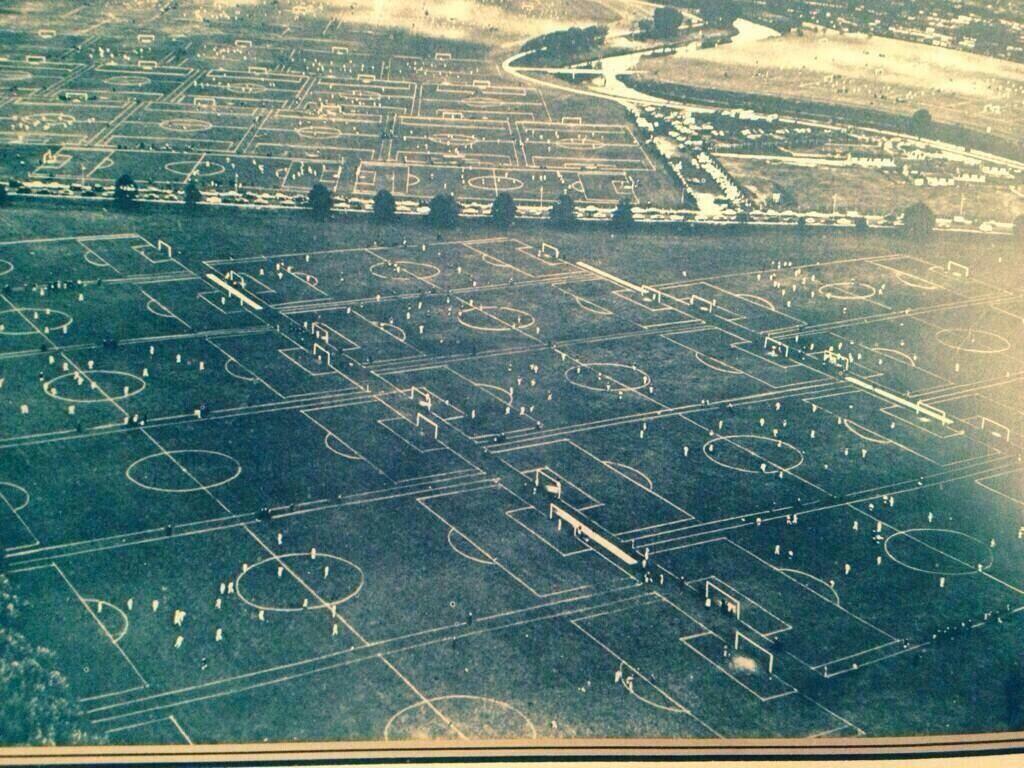The book does a fantastic job of capturing youth football and its realities within the professional game. At times it is heart-warming, at others it makes you despair.
And while reading it, it reminded me of everything that is wrong in youth and grassroots football.
Four, five, six year old boys are sold the dream. They are invited to 'academy development centres', promised contracts once they turn eight, their heads are filled with ideas of the riches that come with the game.
The reality is, barely any of these players will end up in the professional game as footballers. That is the cold reality. So why are these young people so unprepared for this? The percentages are tiny, minuscule. To be clear, I have never stopped a player progressing to an academy that I have coached, nor would I ever. It is a wonderful opportunity. Nevertheless, the reason I am so passionate about coaching in grassroots football is because although children do not all become professional footballers, they do all become members of society.
 |
| Do kids truly get to learn to love the game? |
I see similar parallels in grassroots youth football. Young children are released for not being 'good enough'. Firstly, good enough for what exactly? Secondly, why do they need to be good enough? The very definition of grassroots football is the introduction to and enjoyment of the sport.
How do we change the ever growing commodification of academy footballers, though?
I firmly believe players shouldn't be registered with professional club until fourteen years of age, but we know that this is never going to happen, nor is it practical. Clubs find loopholes round the fact that clubs are not allowed to sign players until they are eight as it is, as identified earlier in this article. An alternative might be that you can not release players on the grounds of ability until the age of fourteen. That way, you my get some degree of patience. For example, some players may struggle through a growth spurt (or a lack of one). Quite often clubs will get rid of a player like this whereas all they need is someone to give them the opportunity once their body settles down. I would be interested to hear people's thoughts on this!
Another cause for the concern in the growth of young players becoming commodities for clubs, if they are not already, is the presence of intermediaries. I find this abhorrent, simply put. As players approach sixteen they no doubt need some form of support in this area but surely that should come from the club providing education? That way we will get less players getting caught in a tug of war battle, incited by an 'agent' which would let them get on with their development with minimal distractions.
No doubt there are good agents about, as highlighted in Calvin's book, but does a nine year old really need an agent? There are too many people looking to milk the next superstar for everything they have and it is a stain on the game.
As players become shifted from club to club looking for the 'best' offer, this throws up many issues not just for the child as a footballer but as a person. Is this really what is best for the child?
 |
| It all came too soon for Sonny Pike |
I am indeed aware that this is the 'nature of the beast' that is academy football and the professional game, but does that make it okay? Clubs are going above and beyond now, seemingly having no shame in the length they will go to sign a player. Two huge clubs now have been punished and yet it feels like we are only just scratching the surface here.
And finally, is it all a bit too much? Children can not cope with the same strains as adults, battering them year in year out, is it a dangerous game to be playing with their mental health, as well as physical? These players train up to four times a week plus a game. Will they be able to form a stable social life? Are they getting as much time to concentrate on other areas in their education? As I said, not every child can become a footballer.
I guess my question is, where do we draw the line? And are we currently crossing it?


